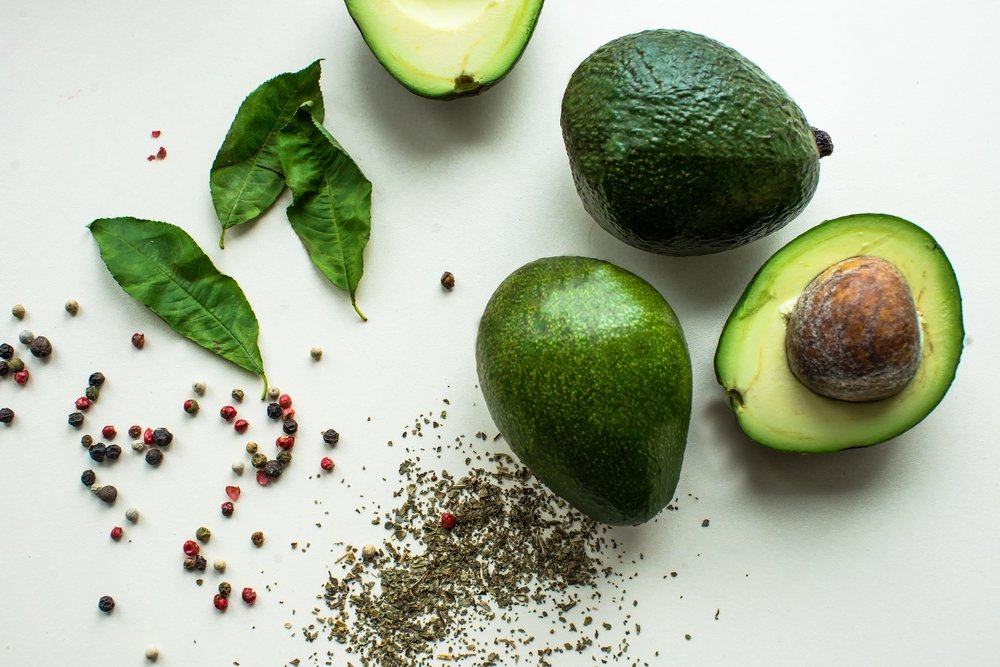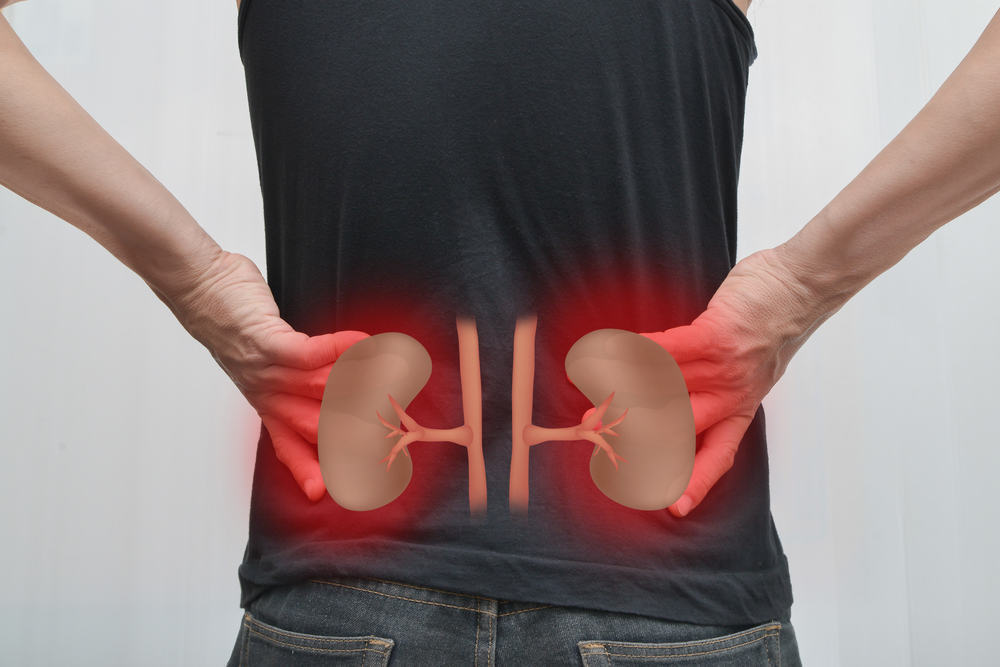Contents:
- Medical Video: Blood Pressure Medications Cause Vitamin and Mineral Deficiencies.mp4
- What is the function of minerals in the body?
- 3 Minerals in the body that are important for normal blood pressure
- Potassium
- Magnesium
- Calcium
- Needs for minerals and other nutrients for blood pressure
Medical Video: Blood Pressure Medications Cause Vitamin and Mineral Deficiencies.mp4
Not only vitamins and nutritious foods that the body needs to stay healthy and fit. Minerals are one of the nutrients that the body needs to support daily activities. Minerals in the body also function well to prevent blood pressure from rising. What is the relationship between minerals in the body with high blood pressure?
What is the function of minerals in the body?
Nutrition minerals, vitamins, amino acids, and essential fatty acids play an important role in cognitive function of the brain, hormone function, and a healthy immune system.
When important minerals such as sodium, potassium, and calcium in the body cannot work together normally, they will be a major risk factor for hypertension or high blood pressure ...
Excess and lack of minerals in the body can be a trigger factor for hypertension:
- First, sodium can cause the kidneys to increase the amount of water in the bloodstream, which can cause excessive pressure on the blood vessel walls.
- The combination of sodium and potassium can regulate body fluid balance and affect the way the heart works. Evidence shows that levels of sodium and potassium intake are lacking, it will be difficult to maintain normal blood pressure but tend to be at risk of arterial hypertension.
- Excess calcium in the body's cells also disrupts the ability of insulin to deliver glucose into cells which causes excess insulin levels and glucose to accumulate in the bloodstream. This causes a condition known as insulin resistance.
3 Minerals in the body that are important for normal blood pressure
Potassium
Potassium or potassium is a mineral in the body that is important for muscle and heart function. Hypokalemia is a condition in which the body lacks potassium. This lack of potassium can cause blood pressure to become abnormal.
Potassium in the body often disappears along with urine as a result of taking certain drugs. However, potassium can be obtained from healthy fruits and vegetables such as bananas, potatoes, and oranges.
Magnesium
Magnesium is a mineral in the body that helps regulate muscles and the circulation system, and magnesium deficiency can affect blood pressure.
Magnesium deficiency has a negative impact on the heart process associated with age problems. Magnesium is responsible for more than 300 cellular functions of the body. This mineral is stored in the bones and tissues of the body.
Calcium
Calcium can affect constriction of blood vessels, transmission of nervous system impulses, and hormone secretion. In order to perform these functions, the body
You need to make sure that the body does have enough calcium levels. Because of its role in widening blood vessels, adequate amounts of calcium are needed to help regulate blood pressure.
Foods that are high in calcium are dairy products and green vegetables. When choosing dairy products, choose the low or non-fat to reduce fat intake from food
Needs for minerals and other nutrients for blood pressure
There are other nutrients that play a role in healthy blood pressure. Here are nutrients that you can meet your needs for the body:
- Zinc: Function to regulate angiotensin and endothelin which affect blood pressure. This lack of minerals can cause blood vessels to narrow
- Copper: Its function is important in maintaining dilation of blood vessels, low copper levels can cause hypertension.
- Folate: Can improve endothelial function which lowers blood pressure. Helps to dilate blood vessels properly
- Carnitine: Function of lowering blood pressure such as ACE inhibitors. Reducing this substance can cause the arteries to narrow.
- Cysteine: Helps reduce high blood pressure because of its role as an antioxidant. A beneficial vasodilator.
- Lipoic acid: Increases blood vessels and increases vasodilation.
- Vitamin E: increase the production of nitric oxide needed for enlargement of blood vessels. It also helps protect blood vessels from oxidative stress damage.
- Vitamin D: It is important to help calcium to be absorbed well in the body. Vitamin D can also keep blood vessels healthy.
- Vitamin C: Helps blood vessels to calm down and can increase nitric oxide which helps blood vessels dilate.
- Vitamin B6: Can reduce homocysteine which is a dangerous protein that causes stiff arteries and increases blood pressure. Lack of B6 is very susceptible to hypertension.
- Vitamin B2: Type MTHFR TT requires more B2 to help reduce blood pressure
- Vitamin A: Helps keep blood vessels from narrowing.
- Biotin: Can reduce systolic blood pressure.
- Glutathione: It is important to prevent oxidative stress which can cause hypertension.












